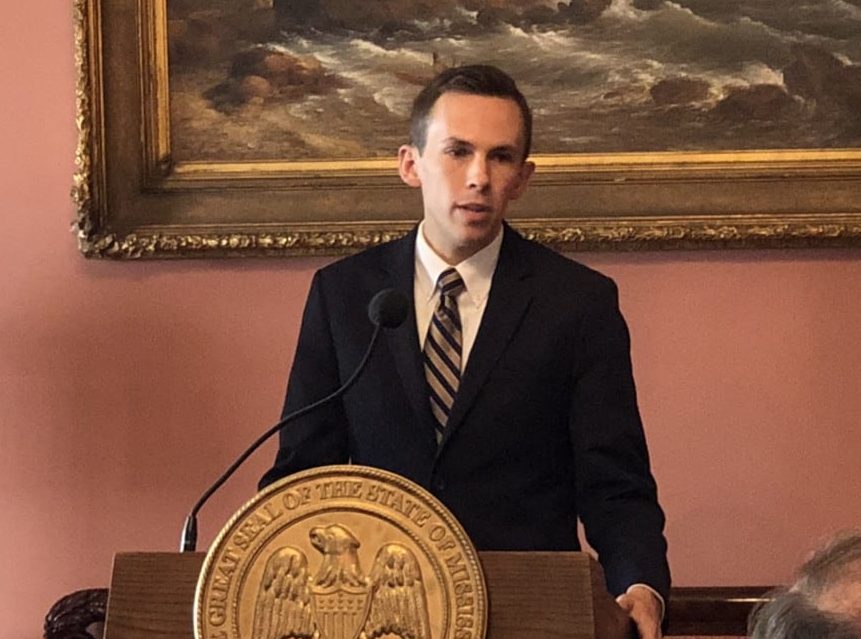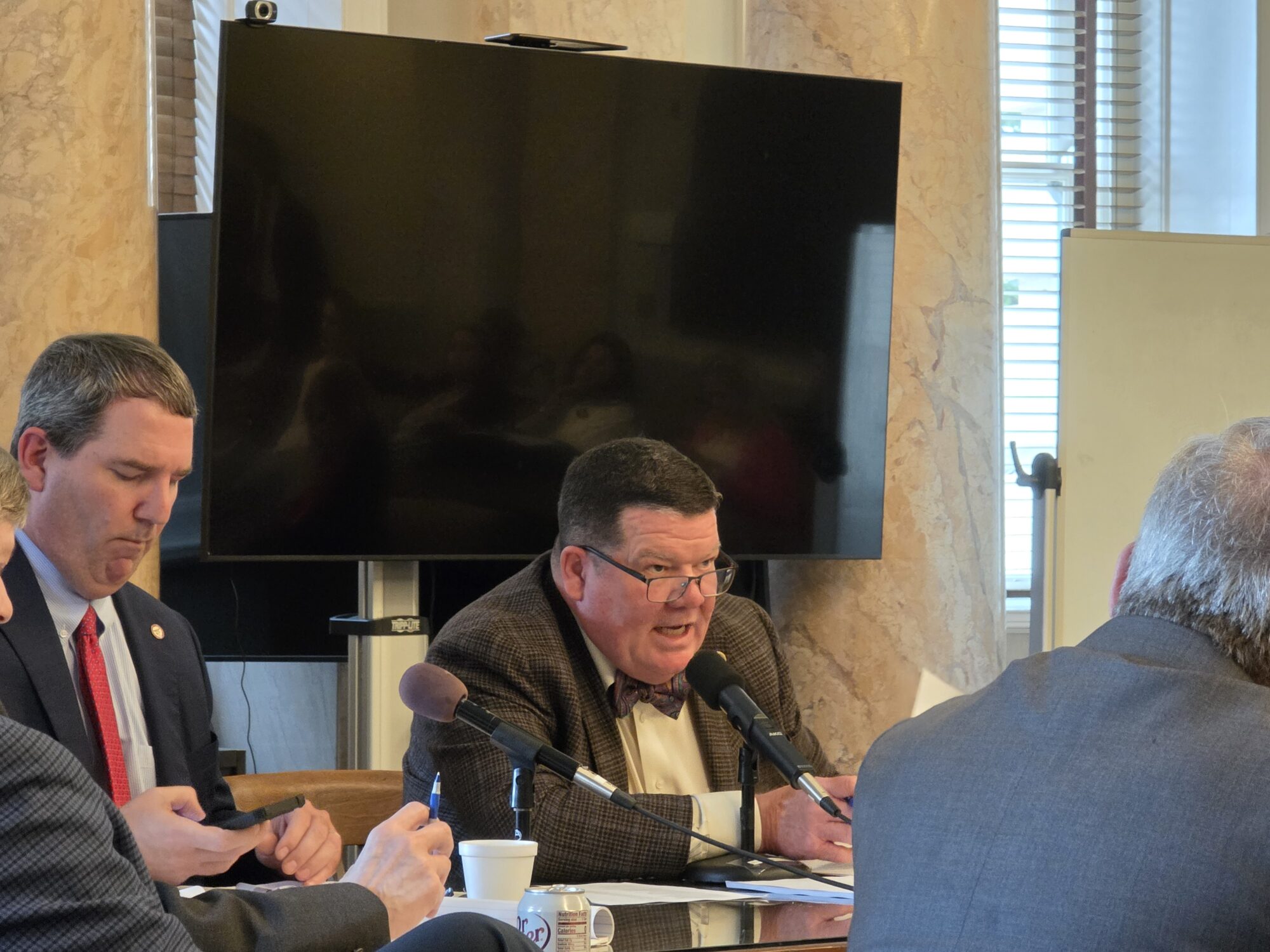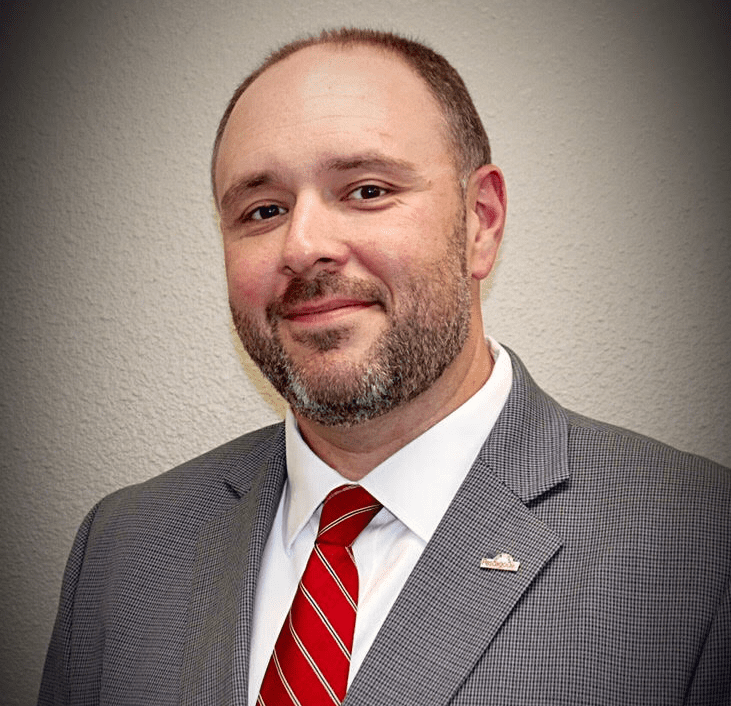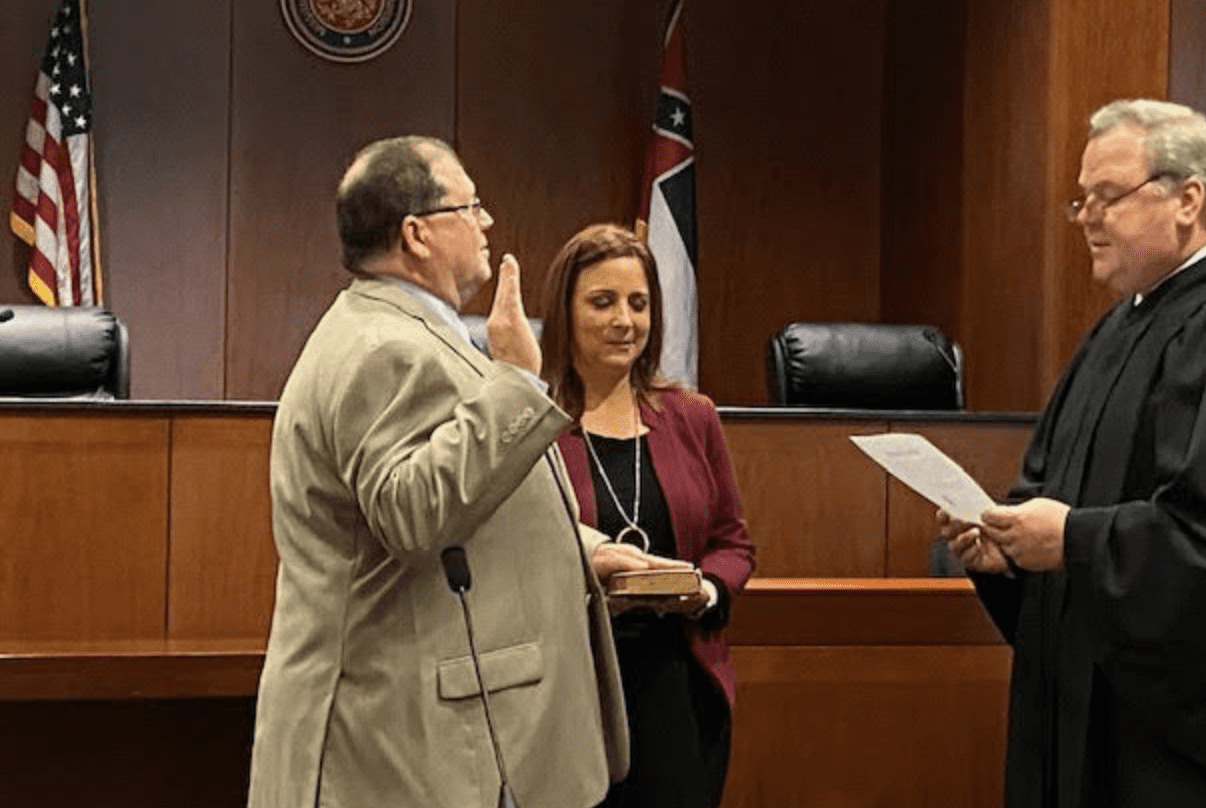
photo courtesy of News Mississippi
Today, maybe more than any time in our recent history, Mississippi faces fundamental questions about where our economy is headed. How we answer those questions is going to determine whether we succeed, like some of our surrounding states, or whether we become a rural Detroit.
That’s the conclusion I’ve reached after watching our economy my entire life—from doing the books for my dad’s small oilfield business, to studying economics at good universities on two continents, to seeing how we spend taxpayer money and talking to hundreds of business leaders as State Auditor.
To understand why this moment is pivotal, we need to look backward. In 2011, Mississippi’s average unemployment rate for the year was 10%. Like many other states, we were facing a jobs crisis: how to get people back to work after the 2008 collapse.
The state responded in a way that made sense—we sought big companies that could get people into decent jobs quickly. If we had not done this, folks would have fallen into poverty or simply moved out of state.
The result of that strategy was the influx of large industrial facilities that employ lots of people. Eight years later, we know the strategy worked, in many ways. Last year unemployment was half (4.8%) what it was in 2011 and reached all-time lows. Historically, Mississippi has missed out on the national economic recoveries that revitalized other states after recessions, but this time we rode the wave.
That’s an impressive achievement. But it does not answer the question of where we go from here. Our problem now is not getting people back to work quickly; almost everyone who wants work is able to at least find some job. Instead, we now need to find a way to take our economy out of last place. That means attracting industries that pay higher wages, getting people who are in poverty into the workforce, and stopping the loss of people who are leaving the state, particularly the college-educated.
How do we get there? The answer lies in attracting higher margin employers in the tradeable sector. Put simply, we need businesses that make products with big profit margins that then sell those products to people outside Mississippi. This is the way to pull more money into our economy fast.
Today, most of those high margin businesses sell tech products or services. And the trick to having those businesses is to have a thick labor market of college-educated or skilled people clustered together.
I didn’t make this theory up. This is the conclusion of Enrico Moretti, one of the world’s leading economists on where jobs go and why. His is one of the most important economic insights of modern times.
In his influential book, The New Geography of Jobs, Moretti finds that once you have skilled people clustered together, they can use their state’s natural advantages to create or attract high margin businesses. The sale of these high margin products then creates more spillover jobs for accountants, plumbers, carpenters, mechanics, and everyone else in the economy.
Some say Mississippi can’t make this happen. It’s just not true. Former AOL CEO Steve Case has written extensively about how Middle America can succeed in innovation industries if we use what we already know.
For example, think of the new supercomputer just commissioned at Mississippi State. Imagine a team uses that computing power to create an artificial intelligence that improves livestock management. Imagine they create a business and then license that software around the world. All the capital and jobs from the business stay here.
Or even if we don’t see tech startups begin here, we could see innovation companies moving here. Think of healthcare. Believe it or not, researchers are drawn to Mississippi over other states because of our diverse sick population (we have a lot of heart disease, diabetes, cancer, etc.). Though that sickness is unfortunate, it means we might be able to attract a company that wants to partner with the medical school and pioneer new software to predict those diseases earlier. Again, that means high-paying jobs and the attendant spillover.
It’s worth noting, we won’t need the same kinds of giant corporate subsidies we’ve relied upon in the past for this. What we need now are people—well-trained, highly motivated, ambitious people who want to stay in Mississippi. Surveys of American businesses show this is now their top concern, not the subsidies, and it wasn’t that way ten years ago.
Just ask Amazon, who recently created a second headquarters in Virginia. Amazon said publicly that Virginia was not able to offer the same subsidies as other states. What Virginia offered instead was a strong labor market of skilled workers.
It’s now the task of our current Legislature and leadership to craft a strategy to train and keep the skilled here.
One final point: we don’t have a choice about whether we create skilled jobs here. If we do not find a way to do this in the next 15 years, the result will be disastrous. The industrial facilities that are the backbone of our employment economy have, over the course of history, gone where labor is cheap. They have been steadily moving south since the Industrial Revolution. They started in New York and Boston, then left for the Rust Belt, then down the Eastern seaboard, and now they are here. If Mexico finds a way to stabilize and make their country safer, the industrial facilities will continue their journey south. And we will be left looking like a rural version of bombed out Rust Belt cities. The time to act is now.
Shad White is in his first full term as Mississippi’s State Auditor.









